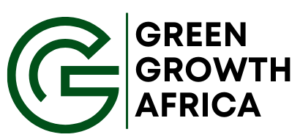Green Growth Africa(GGA) promotes sustainable agriculture and biodiversity conservation through research, advocacy and capacity building on emerging agricultural trends,species management, and climate-smart agricultural practices that enhance food security, improve livelihoods, and protect ecosystems. GGA works on a variety of agricultural produce with expertise in sheer, cassava and cocoa value chains. The organization promotes biodiversity conservation by supporting agroecology, technologically advanced irrigation systems, sustainable land use, and the restoration of degraded habitats. These efforts aim to balance agricultural productivity with the preservation of biodiversity, ensuring long-term ecological and economic benefits for communities.
Ecotourism And Community Development
Green Growth Africa (GGA) promotes ecotourism in Ghana as a...
